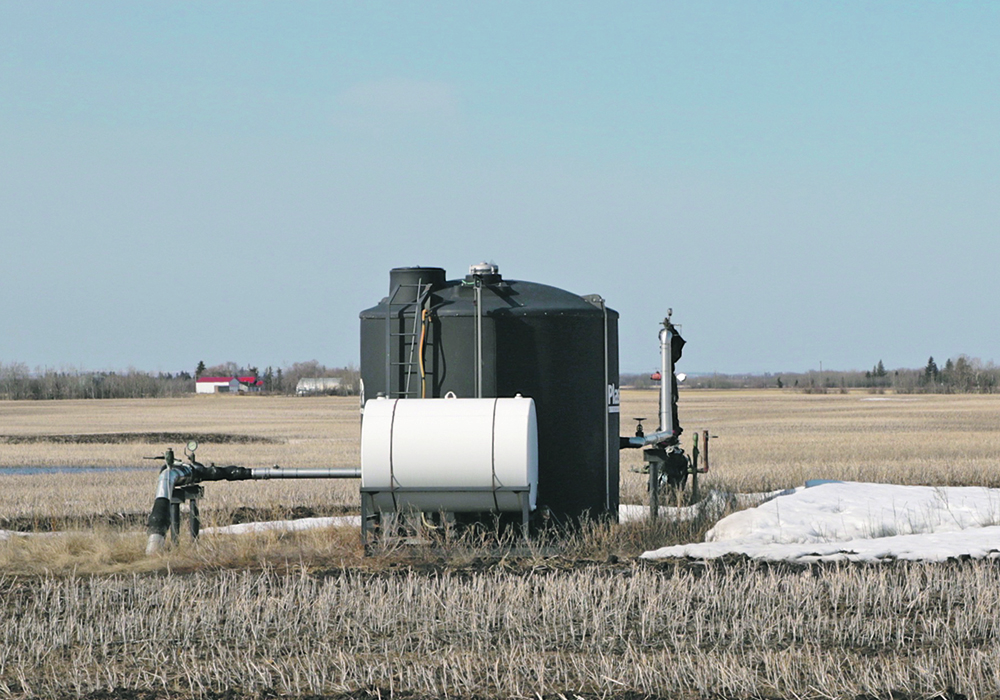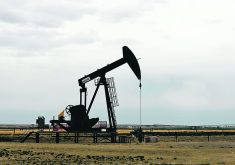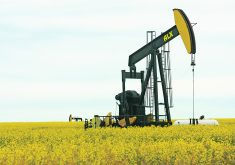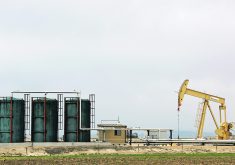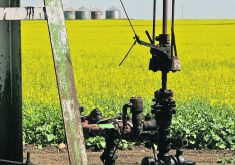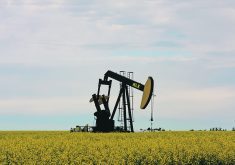An Alberta legislature all-party committee is opening public consultations to determine what changes may be required on a range of legislation governing land ownership.
The committee opened its latest meeting session in Edmonton on Feb. 16 featuring more than a dozen members of the public and land rights advocate organizations giving verbal presentations with several more written submissions filed.
Topics raised ran the gamut of challenges from neighbours’ fence lines in urban areas to the potential of establishing squatter’s rights to the need to enshrine property rights within the provincial constitution.
Read Also

Why feds imposed EV tariffs
Moe and Kinew have a fight on their hands when it comes to eliminating the EV tariff. Canada has to worry about pissing off the U.S. and Mexico and hundreds of thousands of auto workers.
One issue that has been dogging producers in recent years has been conflicts with oil and gas companies.
Hannah Konshuh, a grain farmer in Wheatland County, Alta., spoke on behalf of a group of 110 landowners in that region. She told the committee the previously accepted principle of property owners being fairly compensated for oil and gas infrastructure on their land is coming under stress.
“We’ve observed actions taken by certain operators in the last few years to be in direct conflict with what is considered to be a good faith negotiation,” said Konshuh, adding that observation doesn’t include all operators in the region.
“We’ve had offending operators send compensation payments that are in the range of 40 to 60 percent less than what landowners are owed.”
She said oil and gas companies have used aggressive communications methods, attempted to force landowners to accept less compensation than originally agreed and threatened quasi-legal action if landowners don’t sign new deals.
Konshuh told the committee that Alberta’s appeal systems, which are supposed to help landowners resolve disputes with oil and gas companies, are often used against them.
“What we’ve seen, generally speaking, is that operators are not taking the opportunity to mediate with landowners at that process. They are preferring to bump the conversation to a full hearing, which is to their advantage.”
The issue of adverse possession, also known as squatter’s rights, which has seen legislation kicked around by the past two governments, was also a major topic of conversation.
Private member’s Bill 206 is the latest piece of legislation to try to tackle the issue. Former MLA Ken Allred told the committee that it should be passed as is instead of being delayed further as part of a bigger land rights bill.
Highlighting that Alberta is Canada’s only jurisdiction that hasn’t abolished squatter’s rights, Allred expressed frustration at the provincial government’s inability to protect landowners from adverse possession and held up Bill 206 as a piece of legislation that can immediately deal with the issue.
“The issue of adverse possession is very specific, there is a shovel-ready bill all ready to go,” he said.
Six further meetings on property rights are scheduled to be held across the province in March and April.
The committee’s original reporting deadline of its findings has been extended from December 2021 to June 2022.


